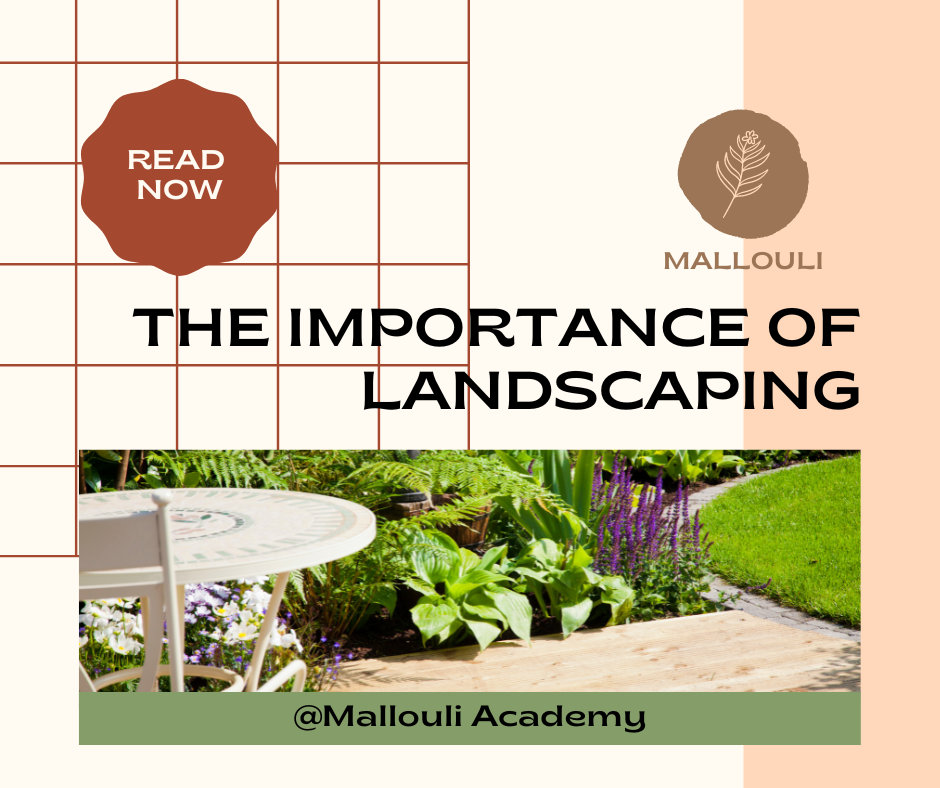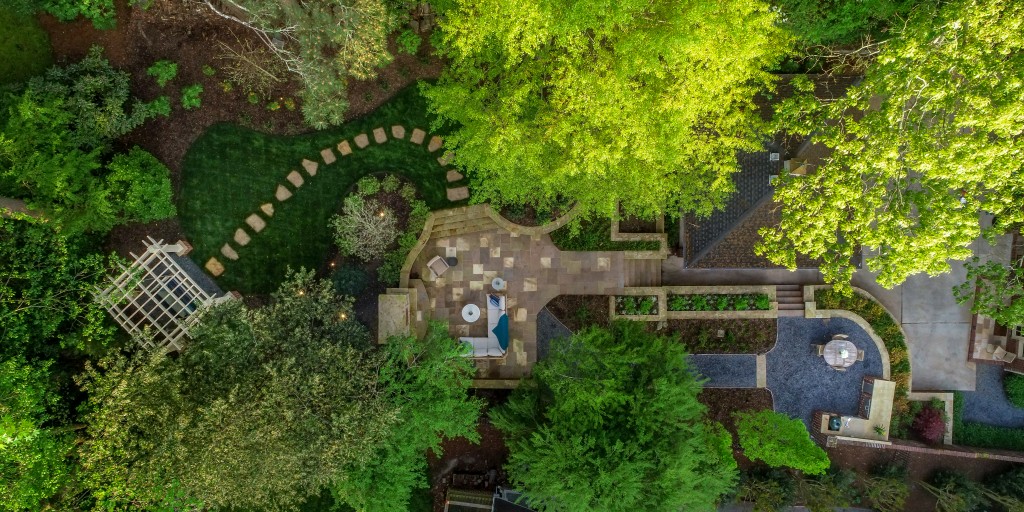The Main Principles Of Landscape Design
The 5 steps of the layout procedure consist of: 1) conducting a site stock and evaluation, 2) establishing your demands, 3) producing practical diagrams, 4) creating theoretical layout strategies, and 5) drawing a last design plan. The initial 3 actions establish the aesthetic, practical, and horticultural requirements for the design. The last 2 actions then apply those requirements to the production of the last landscape plan.
This is an important action for both plant option and placement and locating family tasks and functions. It is necessary because the same environment problems that impact the plantstemperature, humidity, rain, wind, and sunlightalso impact you, the individual. The next action is to make a list of your needs and desiresthis aids you identify exactly how your lawn and landscape will be used.
The practical representation is after that made use of to locate the task areas on the website and from this representation a theoretical plan is developed. The last step is a final layout that consists of all the hardscape and growing details that are needed for setup. Throughout the style procedure there are 10 crucial points to think about: for plant selection and activity area by considering what you want and need to assist determine shapes and arrange areas by assigning activity areas and connecting with aspects for both the atmosphere and the individual by utilizing massing and layering techniques such as transition areas and focal factors in the products, the colors, and the surface area structures for the development and upkeep of plants by utilizing sustainable design practices A detailed supply and analysis of the site is very important to establish the environmental problems for plant growth and the most effective use of the website.
Not known Incorrect Statements About Landscape Design
It is constantly best to utilize plants that will certainly prosper in the existing soil. Where plants grow well, note the soil problems and make use of plants with similar growing requirements.

Sun/shade patterns, the quantity and length of direct exposure to sun or color (Number 1), develop microclimates (occasionally called microhabitats) - Landscape Design. Recording website problems and existing greenery on a base map will certainly expose the location of microclimates in the lawn. Plants typically come under a couple of of 4 microclimate categories-full sun, partial color, color, and deep shade
What Does Landscape Design Do?
Number 1. Sun and shade patterns. Credit: Gail Hansen, UF/IFAS It is important to keep in mind all the existing conditions on an accurate base map when doing the site inventory (Number 2). Energies such as high-voltage line, sewage-disposal tanks, below ground utilities and roof overhangs identify plant place. Make use of a land surveyor's plat of your residential property for the limits and place of your home.


Establish the time and money you are prepared to place into maintaining the plants and hardscape-be sensible about your objectives and capacity. Proposed use locations. Credit History: Gail Hansen, UF/IFAS There are many different landscape style motifs- from simple to complex, but it is useful to choose one to assist your plant and material option.
Lots of people find it handy to look in gardening magazines and books for concepts. This is an excellent beginning, however know that the yards in the see it here images were picked due to the fact that they are superior examples. Look at the images with an essential eye to collect ideas that you can adapt to your enthusiasm level, your budget plan Read Full Report and your website.
Make a decision if you intend to open your lawn, close your lawn, or a little of both, to these sights (Landscape Design). To put it simply, do you want the garden to confine the area around you and associate mainly to the house, or do you want the yard to open sights and look outward, connecting to the surroundings? This will certainly provide you a beginning indicate think of a motif
Not known Factual Statements About Landscape Design
This is called "local color", which means it fits with the surroundings. There are both type styles and style themes. Every garden ought to have a type style, however not all gardens have a style motif. Actually, several household yards have no particular style except to blend with your home by duplicating information from the style such as products, color, and type.
In a form motif the company and shape of the rooms in the backyard is based either on the form of the residence, the form of the areas in between your house and the residential or commercial property boundaries, or a favored shape of the home owner. The kind style identifies the form and organization (the format) of the rooms and the links in between them.

Comments on “The Ultimate Guide To Landscape Design”